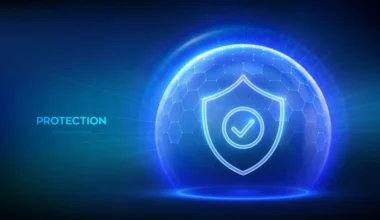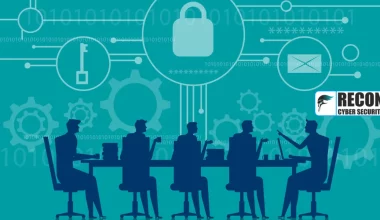The digitization of the film and media industry has brought great benefits to its stakeholders, allowing filmmakers and artists to save millions of US dollars and simplify their operational processes. But it’s not all perfect – nothing is without its share of problems – especially in this world where content creators are at the mercy of social networks that dictate which channels they can post on and how they can protect themselves against cyber attacks while living off these platforms.
In recent years, news about media companies being attacked by hackers makes headlines more often than not. One example was an attack on Rupert Murdoch’s News Corp; attackers purportedly hacked the email accounts of journalists to get information about confidential sources used for his stories.
Similarly, Norwegian media company Amedia suffered a massive cyberattack that would seem to have shut down their systems such that they cannot publish their papers. Beyond affecting millions of subscribers, the company has also had significant losses from a lack of advertisement sales due to this event. As if one problem wasn’t enough, there is also the leak of user and staff personal information as well – which isn’t going unnoticed by law enforcement agencies either.
One of the biggest problems for this industry (along with numerous others) is the safety surrounding products during production and post-production stages; which was what happened when the popular show Game Of Thrones came under threat during season 7. Several episodes of both Game Of Thrones and OITNB were leaked online – however, OITNB was at risk due to blackmail attempts. These are just two examples among countless other cases illustrating how far-reaching these events can potentially go against producers and studios alike.
Let us review some of the most pressing security-related issues in this field.
4 Major Concerns for the Film and Media Industry
1. Increased Dependence on Technology
Tapes and film are now relics of the past, giving way to digital cameras and cloud storage. Yet while this technological advancement is great there are security risks in which hackers find a potential playground (and opportunity) through the use of these new resources, especially when it comes to big-budget productions – as well as post-production – where media assets pass between multiple people who need access across many different devices. To deal with such high-risk operations; one needs to pay careful attention to the cybersecurity infrastructure and policies applied by each company. The success or failure of these firms often depends on how much priority they place on preparedness for cyber incidents because sooner or later something will happen. What’s even more important for these companies is not only having an effective Incident Response Plan but also training their staff about what happens during ransomware attacks so that if it ever happens again they would know exactly what steps to take to limit damage quickly before irreversible damages occur
2. Collaboration with external stakeholders
Hundreds of different types of people work behind the scenes to create a single movie. Special effects experts, sound directors, engineers–and that’s just for starters! It can be tough for producers to keep tabs on all these external stakeholders without being heavily involved. However, it’s important not just for producers but also for film and production houses to start paying closer attention to their external partners’ cybersecurity habits. Bringing in outside consultants would also help tremendously–Virtual CISOs or Virtual Cyber Assistants could play an instrumental role by helping studios evaluate both the readiness of each partner’s security systems and the studio itself against cyberattacks. One day soon it may become mandatory for studios not just to study how creatives work individually but how they do so as teams; from casting decisions down through wardrobe and makeup.
3. The Dangers of Using Unsecured Video Editing Software
Double-checking the source of the video editing software should become a good habit for every person working with videos. This is important because breaking the program’s coding and filling it with malware is one of the easiest ways that hackers can break in. Any type of downloaded programs, such as those used for business purposes, should be licensed and received from official sources only. Even if you use open-source software like Shotcut, it should come from its original website–even though this too comes at no cost! Those who need a professional-grade program for video editing packed in an easy-to-understand interface will find Ultimate Video Editor by Movavi worth considering; while those seeking advanced VFX features might opt for LWKS or FXhome instead.
4. A lack of cyber threats is underestimated
Vulnerability to cyber-attacks starts with underestimating the impact they can have on your business. Yes, even big film and media houses don’t always invest enough in their security. This misconception is far from reality – if these major players were protected then smaller ones would never be affected.
The beginning of wisdom when it comes to cybersecurity? Hiring reputable professionals who know what they’re doing; people outside your company who are more experienced than you are at protecting all of your sensitive data, who will also train you how to respond effectively during a crisis. Expert external specialists can help you conduct a cyber health check and minimize vulnerabilities over time, as well as help you plan for all different scenarios and strengthen your response strategies so that when disaster strikes – everyone knows how to react quickly without losing money or valuable information.







1 comment